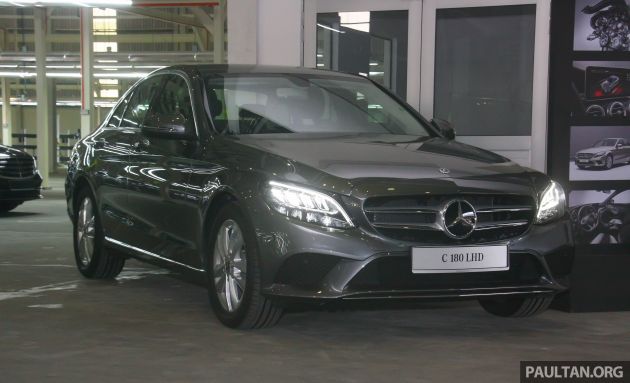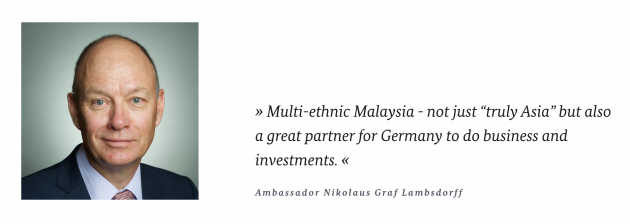Last week, the automotive industry received confirmation from the finance ministry that there will be no increase in car prices due to a new way of reporting open market value (OMV, which excise duty is calculated from), and the 100% exemption on the increase of OTR price will be for one year until December 31, 2020.
Malaysian Automotive Association (MAA) president Datuk Aishah Ahmad said that had the last minute change of plans not happened, it would have been bad news for the auto industry, which already faces a challenging environment. She said that the association’s members, some of whom have invested heavily in assembly operations in Malaysia, would have had to rethink their plans for our market.
“Had the new OMV been implemented, a lot of investors would have second thoughts on investing in Malaysia. Even our local car companies that have been heavily investing in CKD operations would have to think again. Maybe they will decide to bring in CBU (fully imported cars) – why do you invest so much and yet it’s not competitive. That’s how I look at it,” the head of the umbrella association for carmakers in Malaysia said.
Mercedes-Benz Malaysia exports the W205 C180 to the Philippines
MAA’s views has now been essentially echoed by Nikolaus Graf Lambsdorff, the German ambassador to Malaysia. Speaking to Khoo Hsu Chuang on BFM’s Morning Grille yesterday morning, he was answering questions from the perspective of German businesses, in particular German carmakers invested in Malaysia.
“German companies have invested in Malaysia to assemble cars here in view of the Malaysian market, but also in view of the ASEAN market, selling cars in neighbouring countries. Malaysia has no interest in damaging this idea or to make it more complicated. It does not only affect German carmakers but several much bigger Japanese carmakers, Korean carmakers as well,” Lambsdorff said bluntly.
To the question of Thailand and Indonesia being bigger markets and potential destinations for further investment should there be policy uncertainty in Malaysia, the ambassador doubled down.
“So far things have gone quite well for the German carmakers and as far as I know, for the other carmakers as well. But if the government would raise prices for domestic production of automobiles in Malaysia, I think it would be a mistake, and of course it would make life for the carmakers a lot harder. They would lose their competitiveness here in Malaysia, but possibly also in neighbouring markets,” he said.
Lambsdorff said that German companies would usually “fix their problems themselves” and will only engage the embassy “when they really have a problem and need political help, which hardly ever happens in Malaysia.”
“I know from talking to them that they have been in serious discussions, certainly with MIDA (Malaysian Investment Development Authority) and MITI (Ministry of International Trade and Industry) over the past three weeks, and as I said, the idea has now been postponed and there will be more studies – the government has decided to take some time,” he added.
The German brands that have assembly facilities in Malaysia are Mercedes-Benz, BMW and Volkswagen. The latter produces cars for domestic sales only, while the two premium makes export a small proportion of output to ASEAN countries, even left-hand drive markets such as the Philippines (G30 BMW 5 Series, W205 Mercedes C-Class). BMW, which also has an engine assembly plant in Kulim, sends some MINIs to Thailand as well.






Tinggalkan komen anda